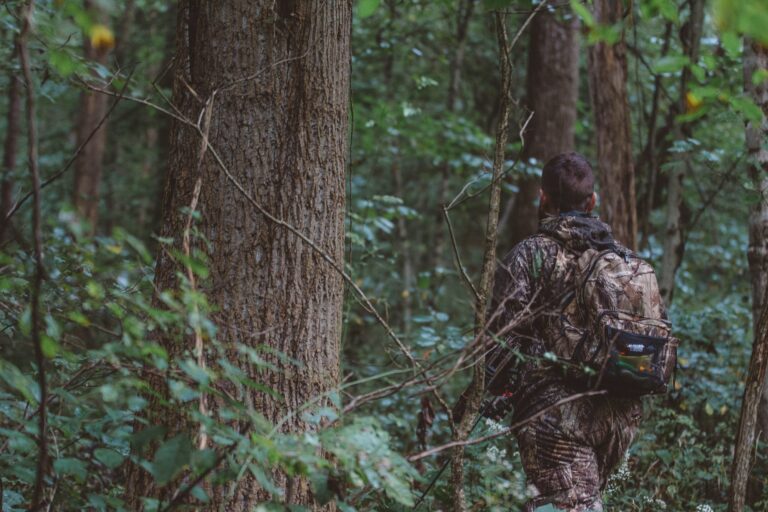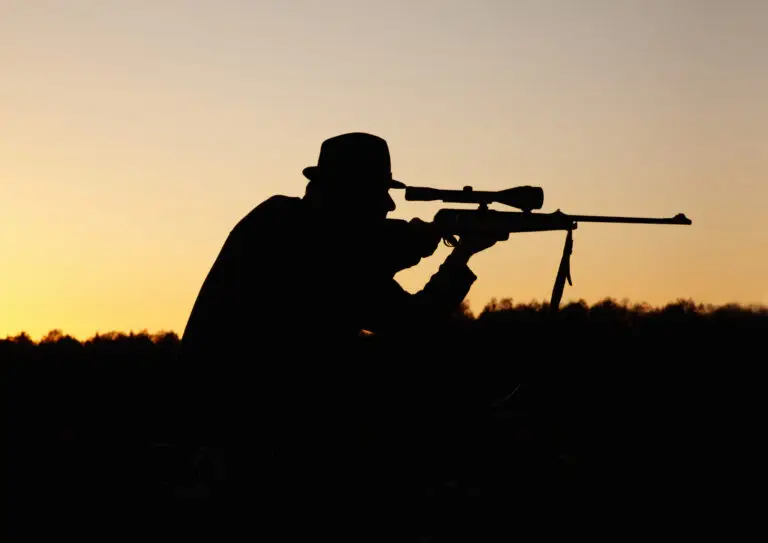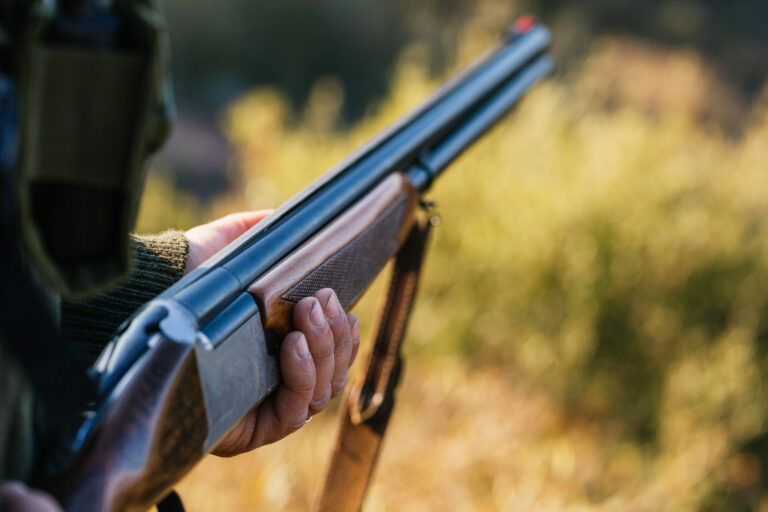If you’re going hunting, it’s crucial to be aware of all the different hunting rules and hunting regulations for your state and territory – as the fines and consequences for breaking them can be pretty intense at times.
These publications are usually created and distributed by whichever state government agency is responsible for wildlife management in your state, such as the Department of Fish and Wildlife. You can find the publicans online or in print.
Table of Contents
- #1 – Hunting season dates
- #2 – Bag limits
- #3 – Hunting methods and equipment
- #4 – Licensing and registration
- #5 – Public lands and wildlife management areas
- #6 – Time and weather restrictions
- #7 – Reporting requirements
- What are the Penalties for Hunting Regulation Violations?
- How to Find Your States Publication
- It’s the #1 Rule of Hunting!
The hunting regulations publications provide hunters with crucial and important information regarding a variety of topics, covered in this guide!


#1 – Hunting season dates
Hunting seasons can vary depending on the type of game and location. For example, deer hunting season may take place at a different time of year than turkey hunting season. It’s important to know these dates to ensure you’re hunting during the legal season.
#2 – Bag limits
Bag limits refer to the number of animals that can be legally hunted and harvested. These limits are in place to protect the wildlife population and promote conservation efforts.
#3 – Hunting methods and equipment
Different hunting methods and equipment may be permitted or prohibited depending on the location and game being hunted. For example, some areas may allow hunting with firearms, while others only permit the use of bows.

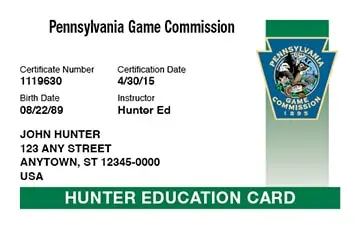
#4 – Licensing and registration
Most areas require hunters to have a license and to register before hunting. These requirements help ensure that hunters have received proper training and understand the regulations they must follow.
#5 – Public lands and wildlife management areas
If you plan to hunt on public lands or wildlife management areas, you’ll need to be aware of any rules or restrictions that may apply, such as hunting only in designated areas.
#6 – Time and weather restrictions
Hunting may be restricted during certain times of day, such as nighttime or during inclement weather, to protect both hunters and wildlife.
#7 – Reporting requirements
Many areas require hunters to report their hunting activities, including any incidents or accidents that may occur. This information helps wildlife officials better manage the population and identify potential issues.
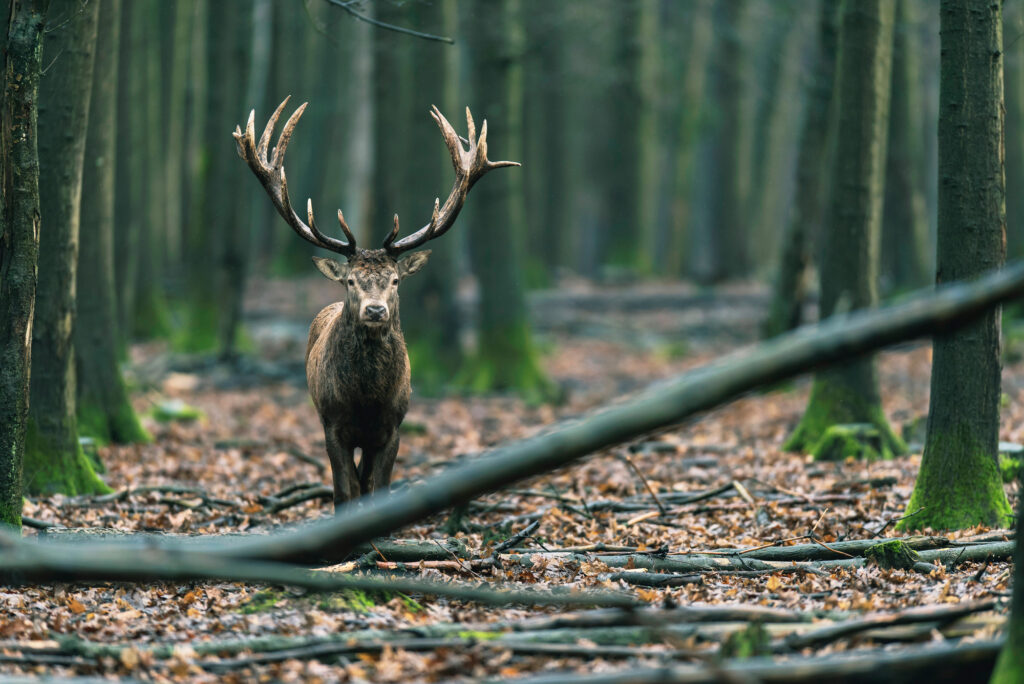
What are the Penalties for Hunting Regulation Violations?
Violating hunting regulations can often result in significant penalties, such as fines or even loss of hunting privileges for life. This is why we always stress the importance of knowing your states regulations before heading out in the wild.
Depending on how serious the violations are, you might not just hurt yourself and your wildlife – but other hunters as well.
How to Find Your States Publication
You can find them in person at any licensed department wildlife office, or you can call your local office and ask them to mail one to you. Alternatively, you can go on to the websites and get them online.
For example, as a Washingtonian, I would go to the official WDFW website, and navigate from there.
It’s the #1 Rule of Hunting!
Ignorance of the rules is never an excuse for breaking both hunting regulations and etiquette. Before you head out into the wild, even if it is your 50th season, make sure you brush up on your state’s regulations, as they might have been updated from last year.
Additionally, to ensure that hunting as a sport continues to thrive, it is crucial that we all follow our state’s rules to ensure the healthy conservation of our beautiful nature and wildlife.
In the end, it all comes down to respecting your prey and fellow hunters. Hunting is a beautiful, ethical, and important sport for our wildlife – and the enforcement of rules and regulations is an important part.
Stay educated, and happy hunting!
Looking for other general tips and tricks? Check out our library of hunting guides here!


